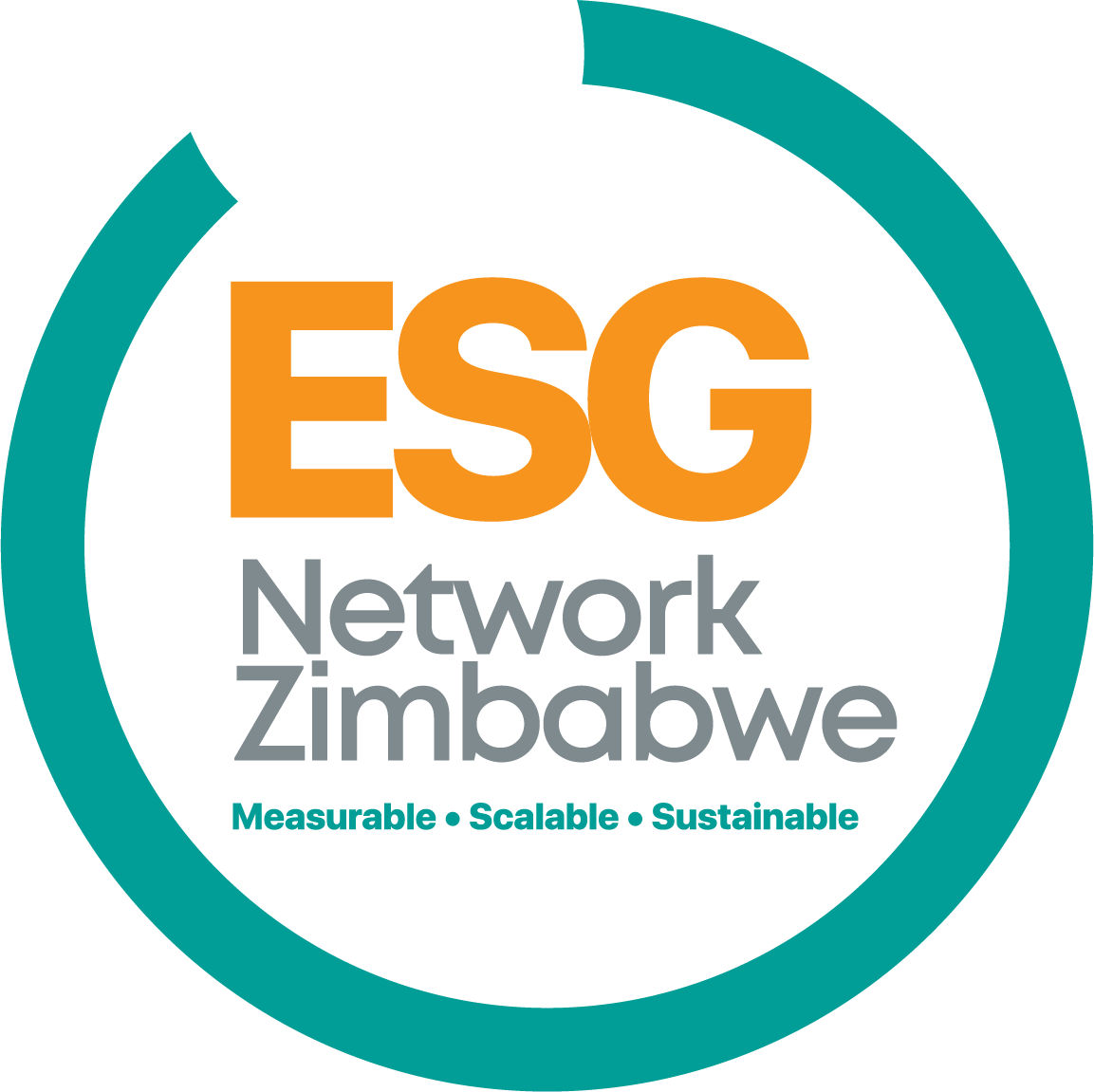By Mark Segal
The government of Australia is planning to implement mandatory climate-related financial disclosure requirements for companies and financial institutions, according to a new consultation paper launched by the Treasury on Tuesday, detailing and seeking feedback on the proposed reporting rules.
Reporting requirements would apply as soon as 2024 for large businesses, with smaller entities phased in over the following three years.
The consultation paper stated:
“The Government has committed to ensuring large businesses and financial institutions provide Australians and investors with greater transparency and accountability when it comes to their climate-related plans, financial risks, and opportunities. As part of this commitment, the Government will introduce standardised, internationally-aligned reporting requirements for businesses to make disclosures regarding governance, strategy, risk management, targets and metrics – including greenhouse gasses.”
Following a similar track as the ISSB, Australia’s proposed climate-related disclosure requirements focus on core elements focus on governance, strategy, details risks and opportunities and metrics & targets. Some specific proposals include a requirement for companies to disclose transition plans, including information on offsets, target-setting and mitigation strategies, processes used to monitor and manage climate-related risks and opportunities, and the use of scenario analysis. The rules would also require companies to report Scope 1 and 2 and material Scope 3 emissions, in addition to industry-specific metrics.
The paper also proposes a phased-in approach to the new climate-related reporting requirements, both by company size, as well as some disclosure requirements that require time to build capabilities and expertise. Larger entities, such as those with over 500 employees, revenues over $500 million and assets over $1 billion, would be covered by the new rules beginning in 2024-2025, with medium-sized companies (250+ employees, $200 million+ revenue, $500 million assets) the following year, and smaller entities (100+ employees, $50 million+ revenue, $25 million+ assets) in 2027-2028.
The proposal also gives entities an extra year to implement Scope 3 reporting, allows time for scenario analysis to transition from qualitative to quantitative, and introduces a 3-year transitional period for enforcement for areas including scenario analysis, transition planning and Scope 3 emissions.





